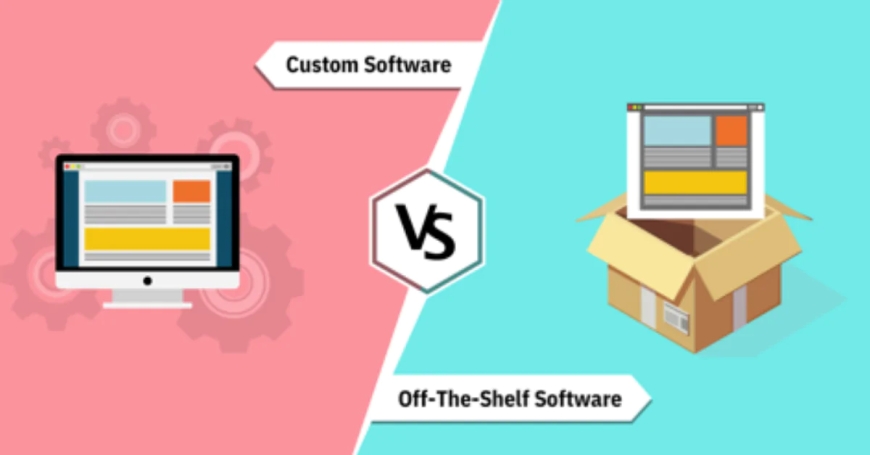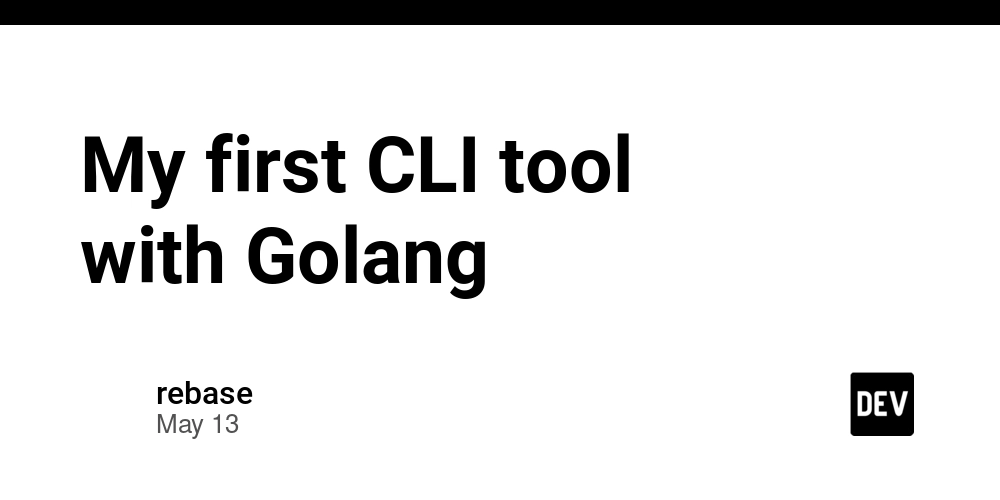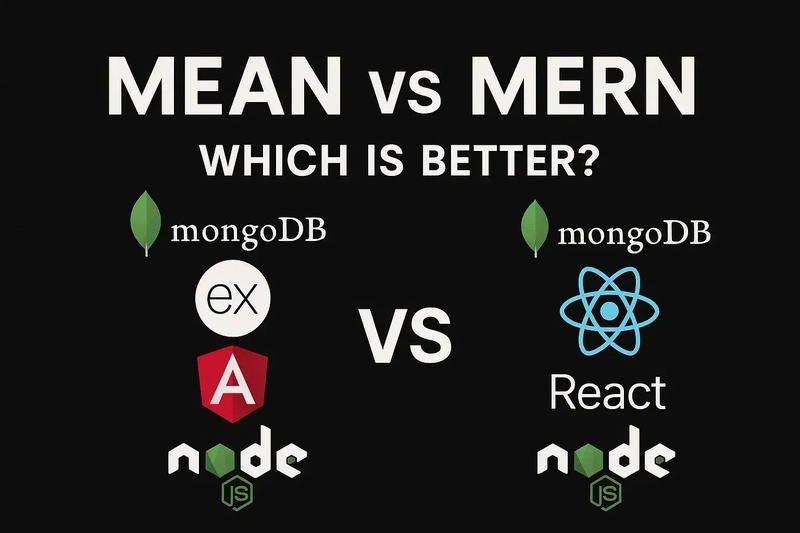Why Custom Application Development Outperforms Off-the-Shelf Solutions
In contrast, custom application development provides a foundation that is tailored, scalable, and fully aligned with your business goals.

In today’s digitally driven business landscape, the software you choose can be the difference between growth and stagnation. Companies, regardless of size, must decide whether to invest in off-the-shelf software solutions or explore more tailored alternatives. While prepackaged software offers quick access and ease of deployment, custom application development is steadily proving to be the more powerful and long-lasting option for companies seeking to maintain agility, competitive advantage, and scalability in a rapidly evolving market.
Businesses are beginning to understand the immense benefits of investing in custom application development—software built to fit their specific workflows, goals, and technical ecosystems. Unlike off-the-shelf solutions, which aim to serve the widest possible audience, custom applications prioritise your business’s unique requirements from the ground up. As consumer expectations and operational needs become increasingly complex, tailored digital solutions ensure your technology grows with your vision, not against it.
What is Custom Application Development?
Custom application development is the process of designing, developing, and deploying software specifically tailored to a company’s internal or external needs. Rather than adapting your business processes to suit a one-size-fits-all tool, this approach allows software to be created with your business model, customer expectations, and operational intricacies in mind.
Developers work closely with your internal teams to craft software that aligns perfectly with your strategic goals. From customer relationship management systems to inventory tracking, finance tools, and employee portals, custom applications are designed to integrate seamlessly into your workflow—saving time, reducing friction, and improving productivity.
Limitations of Off-the-Shelf Solutions
At first glance, off-the-shelf solutions may seem like the smarter choice—quick implementation, lower upfront costs, and a shorter learning curve. However, their limitations often become apparent soon after deployment.
-
Generic Functionality: These platforms are built to serve a wide range of industries, which means they often lack the specific features your business truly needs. Companies are forced to adjust their processes to fit the software instead of the other way around.
-
Limited Scalability: As your business grows, the software may not be able to keep up. Off-the-shelf products typically offer limited customisation and scalability, leading to costly upgrades or a complete software overhaul.
-
Integration Challenges: Many off-the-shelf systems don’t play well with existing software. Businesses often struggle to integrate these tools with legacy systems or third-party platforms, resulting in information silos and inefficiencies.
-
Hidden Costs: Subscription fees, licensing costs, additional modules, and limited user seats can cause expenses to spiral. What starts as an affordable solution often ends up being far more costly in the long run.
-
Security Vulnerabilities: Prepackaged software is widely used, making it a bigger target for hackers. Updates and patches depend on vendor timelines, which may not align with your business’s urgency.
Benefits of Custom Application Development
So why are more organisations pivoting toward custom solutions? Here are the core advantages:
Tailored to Your Needs
The most obvious benefit is that it’s built specifically for your business. Every feature is designed with a purpose, eliminating unnecessary complexity while enhancing usability. This ensures your team can work efficiently without compromise.
Seamless Integration
Custom applications are developed to fit perfectly within your existing ecosystem. Whether you're using legacy systems or third-party platforms, developers can ensure smooth, real-time data sharing across the board.
Scalability and Flexibility
Custom software evolves with your business. As new challenges and opportunities arise, your software can be adapted without the limitations imposed by third-party vendors. Whether it's adding new user roles, building out new modules, or integrating with the latest technologies, you're in full control.
Stronger Security
With cyber threats becoming more sophisticated, security is a top priority. Custom software allows you to implement advanced, industry-specific security protocols. You also have control over how often patches and updates are applied, reducing the risk of vulnerabilities.
Ownership and Independence
You're not at the mercy of a software vendor’s roadmap or pricing structure. You own the code, the data, and the user experience, giving your business more autonomy and adaptability.
Competitive Advantage
Custom solutions help you implement proprietary processes that competitors using standard tools simply can't replicate. This uniqueness becomes a core differentiator in the market.
Cost vs. Value
While the initial cost of custom application development may seem higher than off-the-shelf alternatives, it’s important to consider the total cost of ownership. Off-the-shelf software often requires expensive licensing fees, additional support costs, and customisation packages—expenses that add up over time.
In contrast, custom applications offer a higher return on investment by minimising inefficiencies, eliminating redundant processes, and reducing reliance on third-party providers. Moreover, since the software is built for your exact needs, you save on training time and increase user adoption rates. Over time, these factors contribute to substantial cost savings and performance improvements.
Industries That Benefit Most
Custom application development is especially advantageous in industries where precision, regulation, or scalability matter most:
-
Healthcare: Compliance with HIPAA, patient record management, and scheduling.
-
Finance: High-security transaction systems and fraud detection.
-
Retail and eCommerce: Custom shopping experiences and inventory tracking.
-
Logistics: Real-time tracking, route optimisation, and fleet management.
-
Education: Tailored LMS (Learning Management Systems) for student and teacher engagement.
However, any business looking for a long-term solution that supports innovation, flexibility, and growth can benefit from a custom approach.
When to Choose Custom Over Off-the-Shelf
The choice depends on your current and future needs. Consider custom application development if:
-
Your business has unique processes that generic tools can’t support.
-
You're dealing with complex integrations or legacy systems.
-
You anticipate significant scaling or feature expansion shortly.
-
Data security and compliance are critical to your operations.
-
You want to stand out in a crowded marketplace with proprietary tools.
On the other hand, if you're a startup with limited resources and generic requirements, an off-the-shelf solution may serve as a temporary bridge—just be mindful of the limitations you may face as you grow.
Conclusion
Off-the-shelf software might offer quick fixes, but it often comes with long-term trade-offs that can hinder growth, integration, and innovation. In contrast, custom application development provides a foundation that is tailored, scalable, and fully aligned with your business goals. It’s not just an investment in software—it’s an investment in the future agility and competitiveness of your company.
If you're looking to gain a strategic edge, improve operational efficiency, and future-proof your technology, a custom solution might be the smartest move you'll make.















































































